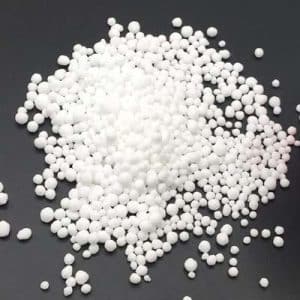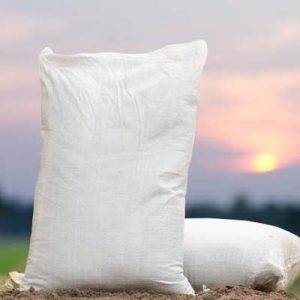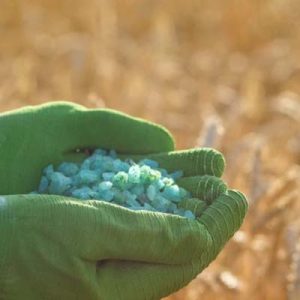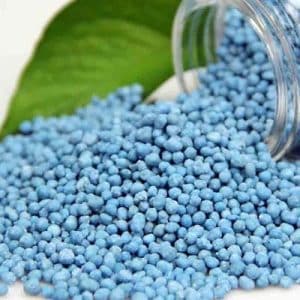Description
- Composition: NPK fertilizer is a combination of three essential nutrients: nitrogen (N), phosphorus (P), and potassium (K). The numbers on the packaging represent the percentage of each nutrient in the order N-P-K. For example, a 10-20-10 NPK fertilizer contains 10% nitrogen, 20% phosphorus, and 10% potassium.
- Role: NPK fertilizers provide a balanced mix of the three primary macronutrients. Nitrogen supports leaf and stem growth, phosphorus aids in root development and flowering, and potassium helps with overall plant health and resistance to stress.
- Application: NPK fertilizers come in various formulations to suit different crops and growth stages. They can be applied directly to the soil or as foliar sprays, depending on the specific nutrient requirements of the plants.
- Advantages: NPK fertilizers offer a convenient way to provide multiple essential nutrients to plants in a single application. They are versatile and suitable for a wide range of crops.
- Considerations: It’s important to match the NPK fertilizer formulation with the specific needs of the plants being grown. Overuse or improper application can lead to nutrient imbalances.
We provide a large range of NPK fertilizers produced in Vietnam, Malaysia and China,
When using urea or NPK fertilizers, it’s essential to follow the recommended application rates and guidelines to ensure optimal plant growth and to minimize the risk of over-fertilization, which can harm the environment. Soil testing and understanding the nutrient requirements of the crops being cultivated are essential for effective fertilizer application.















Reviews
There are no reviews yet.